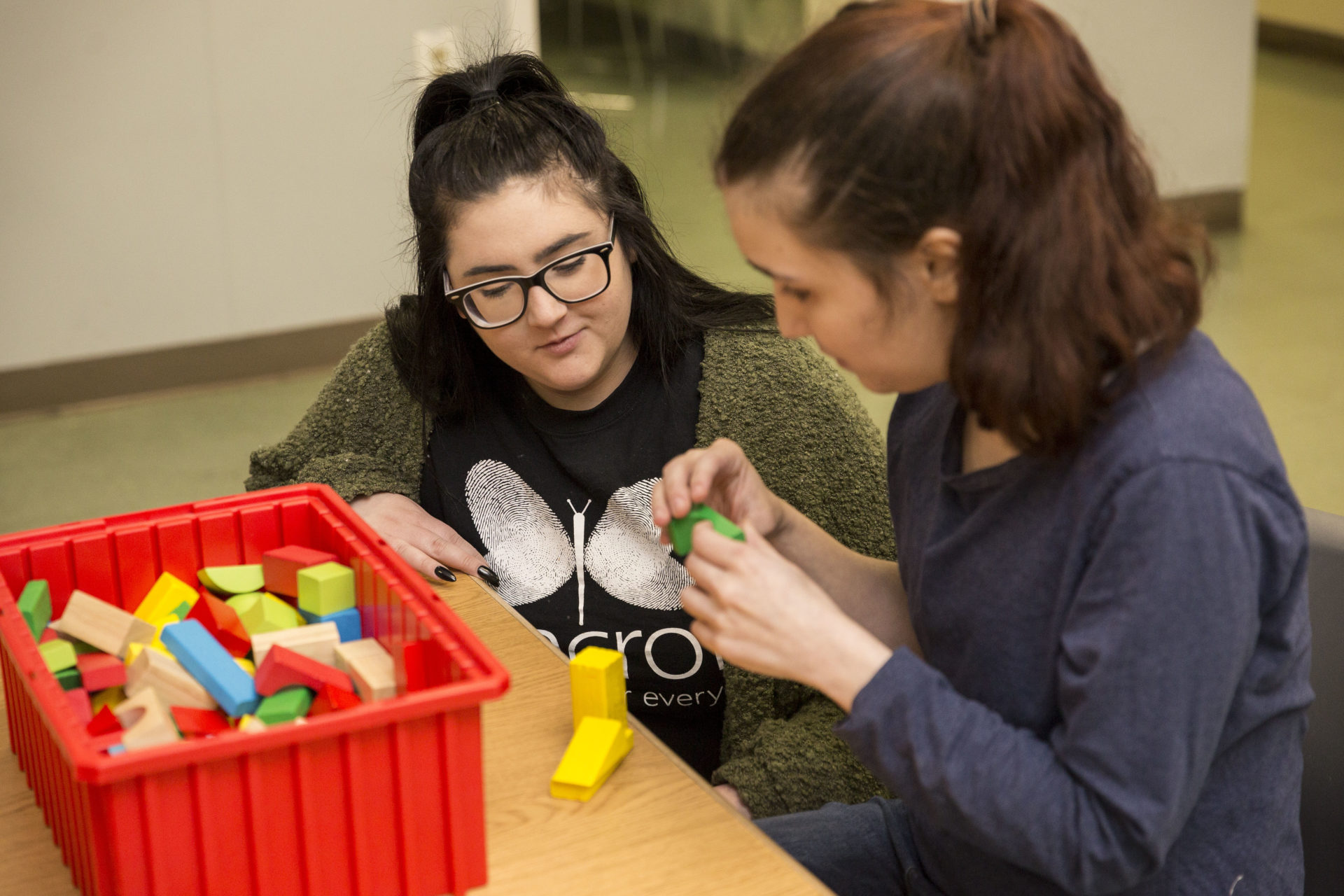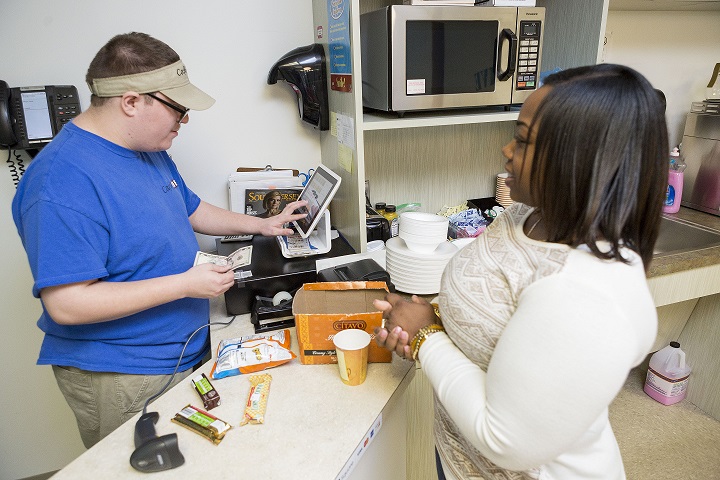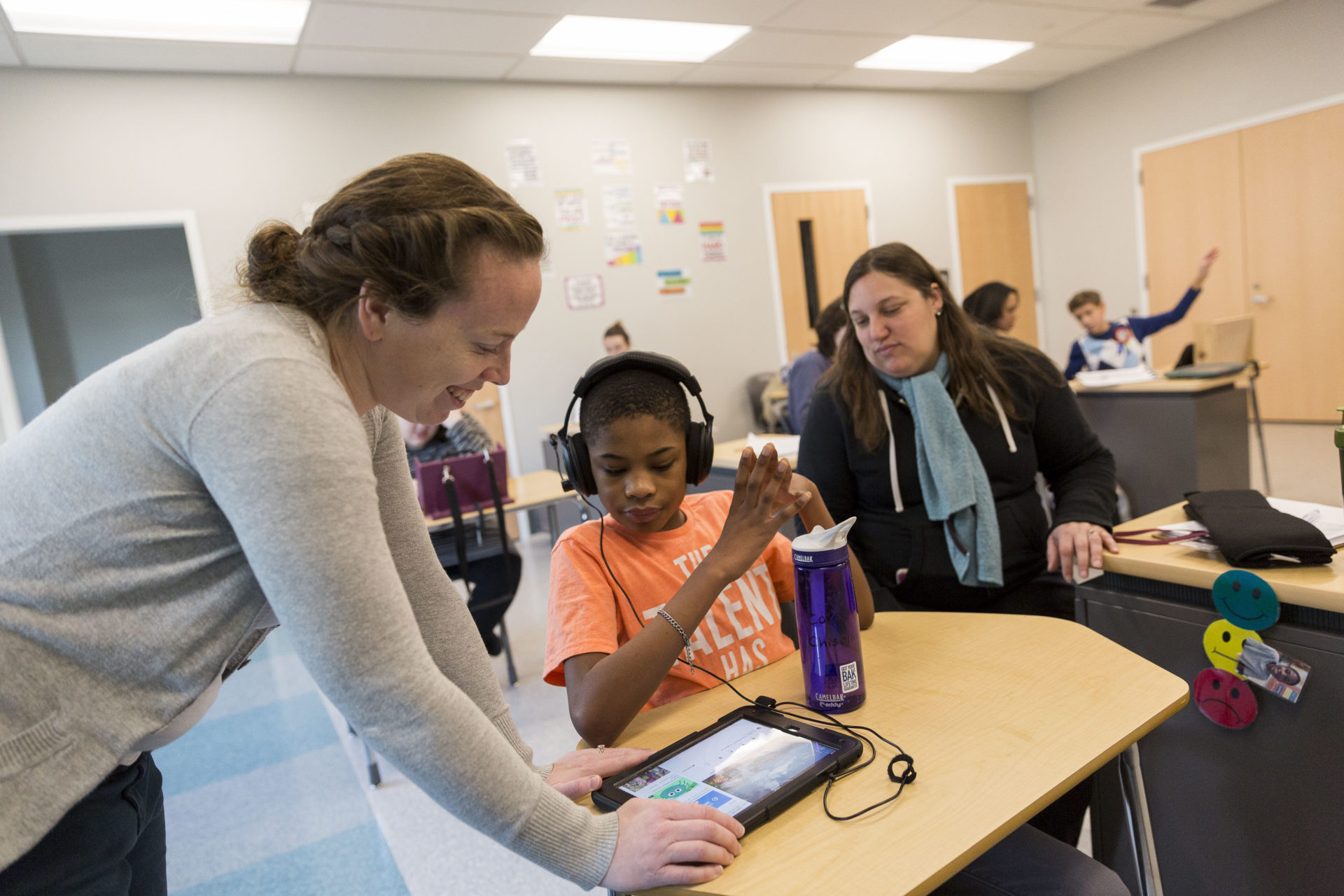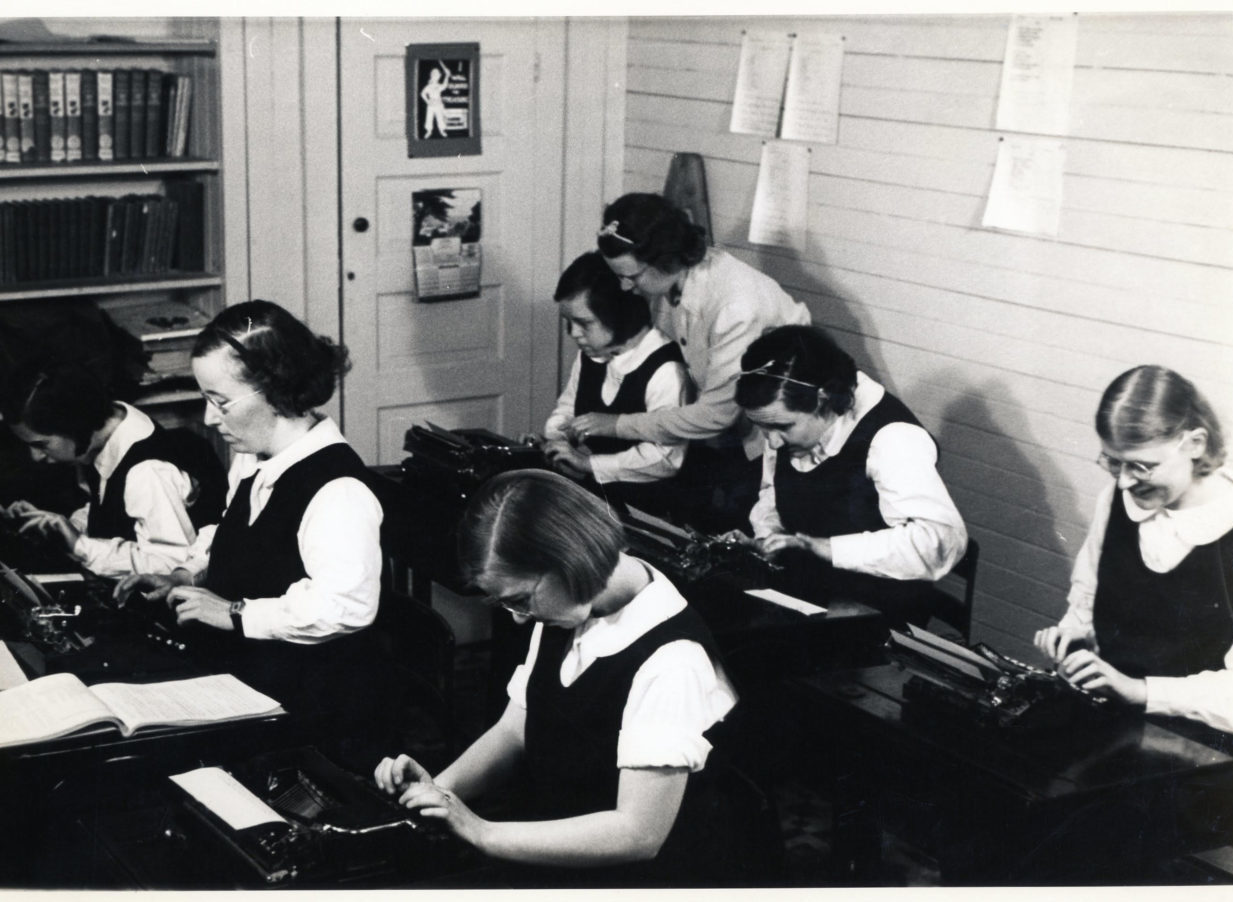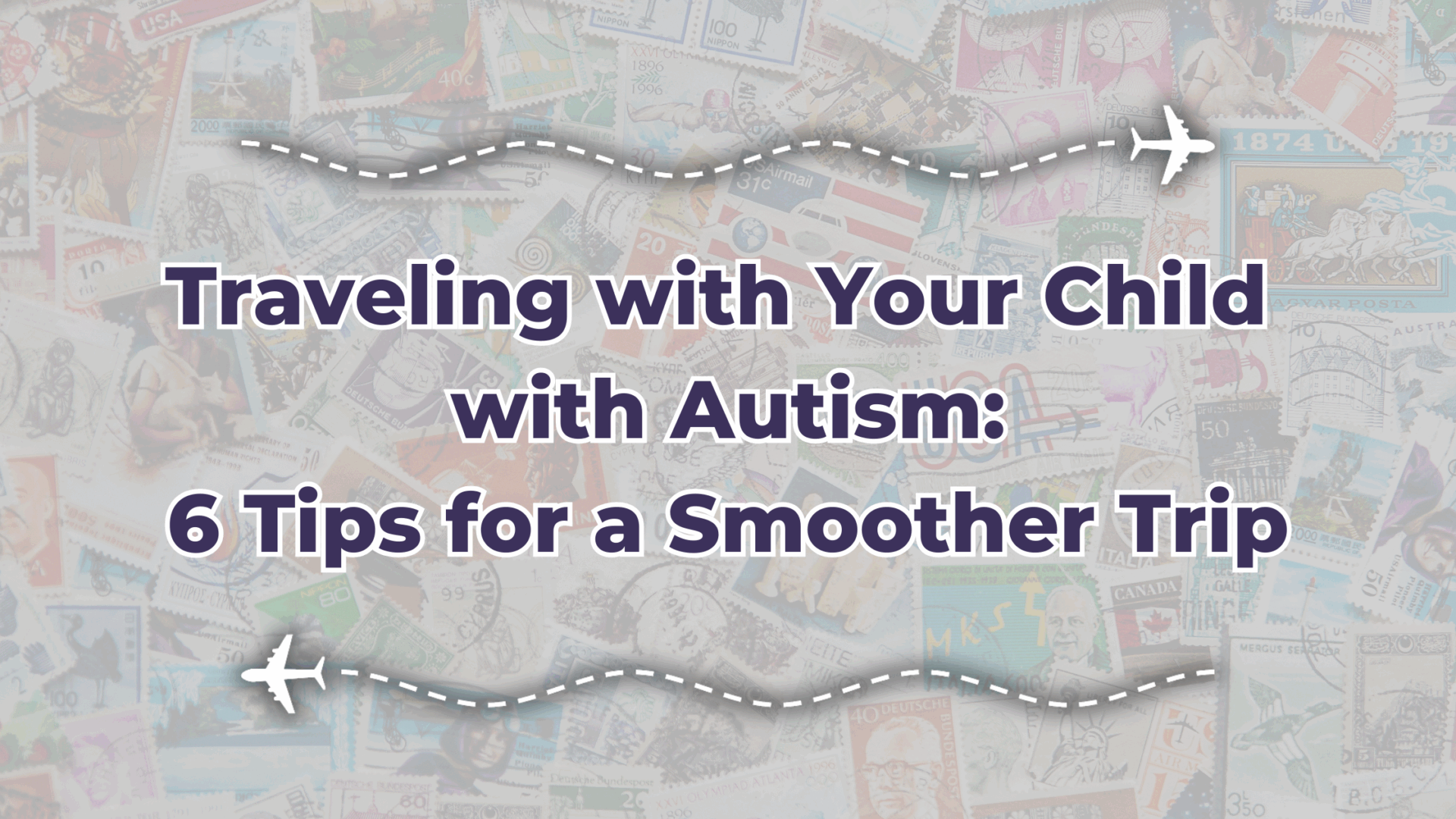Nicholas Forvour, Director of Behavioral Health at the Bancroft School Network, shares recommendations for parents to consider before their next family vacation.
Going on a vacation is an excellent way for families to bond and create lasting memories. But, if you’re a parent with a child with autism, the idea of traveling — especially to an unfamiliar place — can feel overwhelming. A little extra planning can go a long way in making the trip more enjoyable for everyone.
Here are some tips to help your family have a successful and enjoyable trip:
1. Choose a destination that works for your family.
- Look for autism-friendly destinations that offer accommodations such as sensory-friendly attractions, quiet zones, or trained staff.
- Involve your child in the planning process by letting them choose between a few destinations or activities.
- Watch videos or print out pictures of the destination and activities in advance to help your child visualize what to expect.
2. Prepare for the trip
- Bring documentation from a physician noting your child’s diagnosis and any needed accommodations.
- If flying, check whether the airport offers programs or quiet spaces for travelers with autism.
- When booking flights, consider choosing a day and time when airports are typically less crowded.
- Practice new behaviors, like staying calm in a crowded airport line or sitting in a car for an extended period of time, to help your child feel more prepared.
3. Pack for comfort and familiarity.
- Bring familiar items on the trip, such as a favorite toy, snack, music, or sensory toy, to provide your child with some comfort.
- Transitions can be tough, so having comforts on hand can help your child regulate and feel more secure.
4. Expect — and accept — challenges.
- We all get tired and cranky when traveling. It’s only natural that after a long day of activities, your child might exhibit more problem behaviors than if you were home.
- Build in downtime and don’t hesitate to change plans or leave early if needed.
- Have backup activities ready in case your child becomes overwhelmed.
5. Lean on your support network.
- If possible, engage your child’s educators and caregivers to help prepare.
- Connect with online groups for travel tips specific to families of children with autism.
- If you can, bring a trusted friend, family member, or support staff member along to help. This can ease stress and allow everyone to enjoy the vacation more fully.
6. Don't forget about you.
- Being a parent is tough, so be sure to plan activities during the trip that allow you to rest and recuperate.
- Find ways to recharge, whether it’s a peaceful walk, a quick treat, or time to yourself after the kids go to sleep. Your well-being matters just as much as your child’s. A calmer you helps create a more enjoyable experience for the family.
Traveling with a child who has autism may require additional planning, but it’s absolutely possible to create a meaningful vacation for the whole family. With the right mindset, support, and preparation, your family can build new memories, explore new places, and find joy in the unexpected moments.
ABOUT THE EXPERT

Nicholas Forvour is the Clinical Director of the Pediatric & Adolescent Community Program at Bancroft and a board-certified behavior analyst with over a decade of experience in school and home settings providing ABA-based services. He is a doctoral candidate at Temple University, with research interests in functional communication, behavior assessment, and desensitization of dental procedures for children with developmental disabilities.




